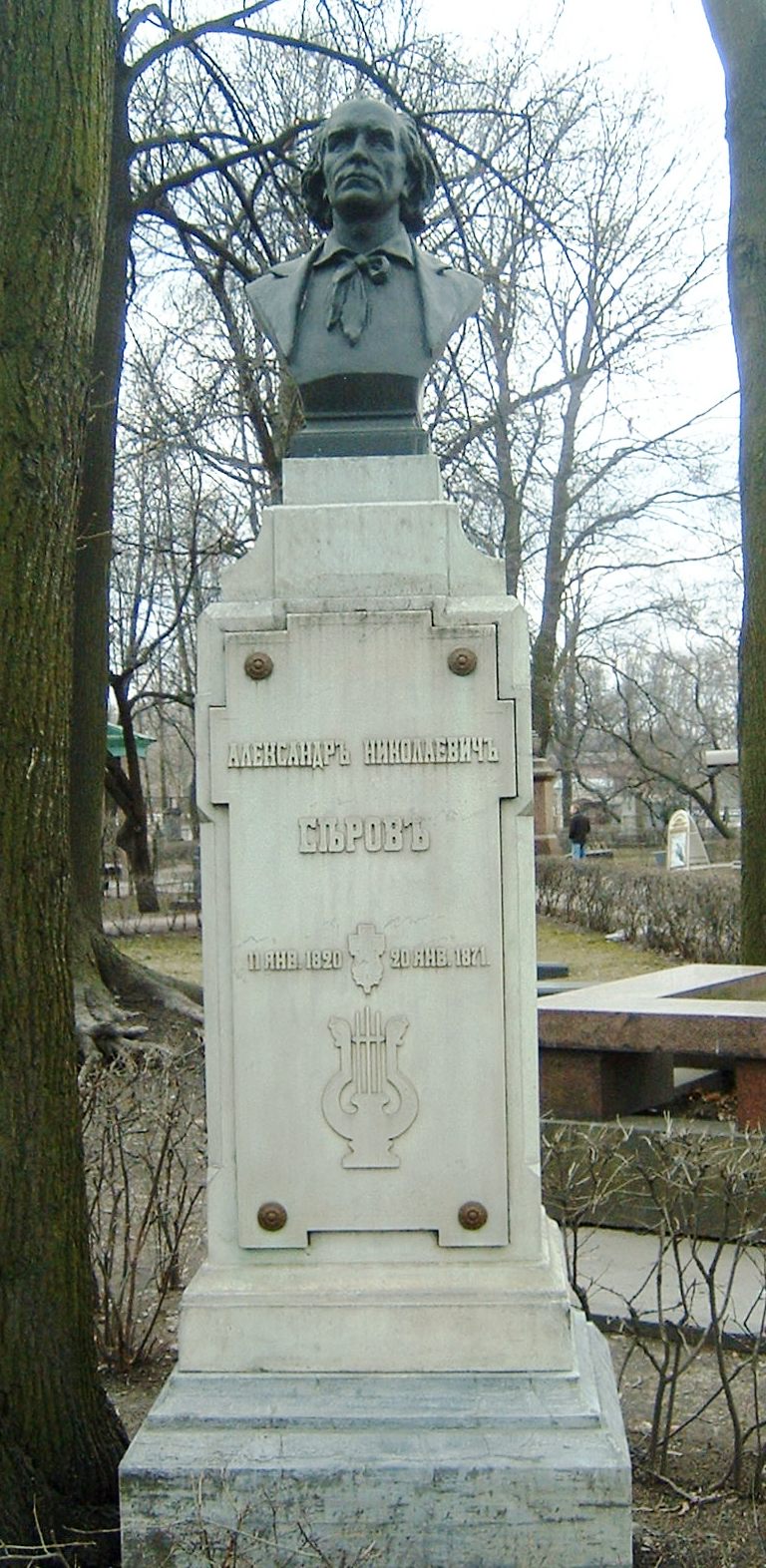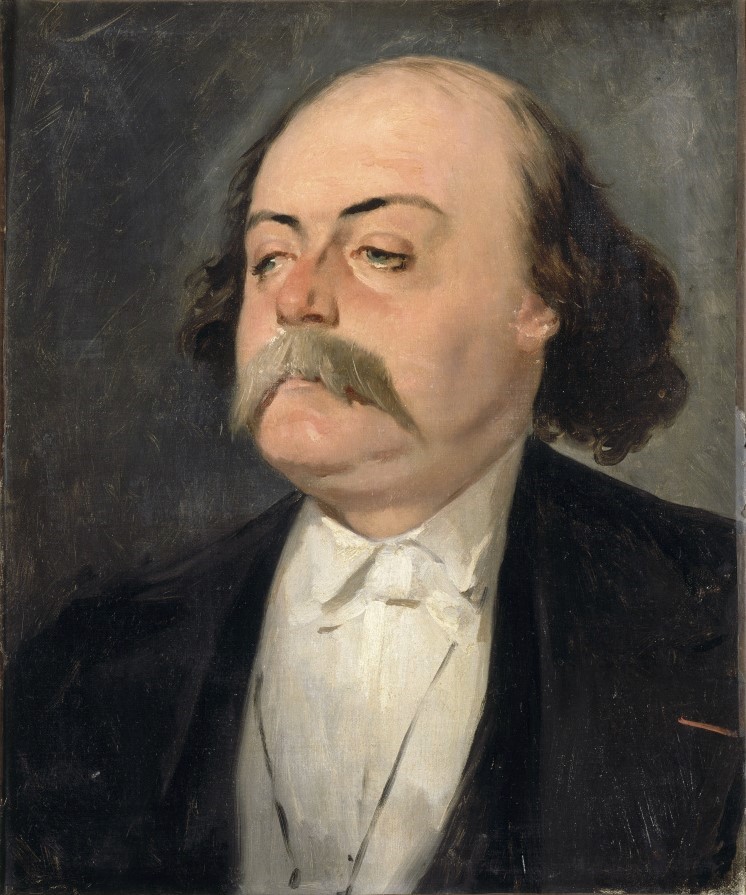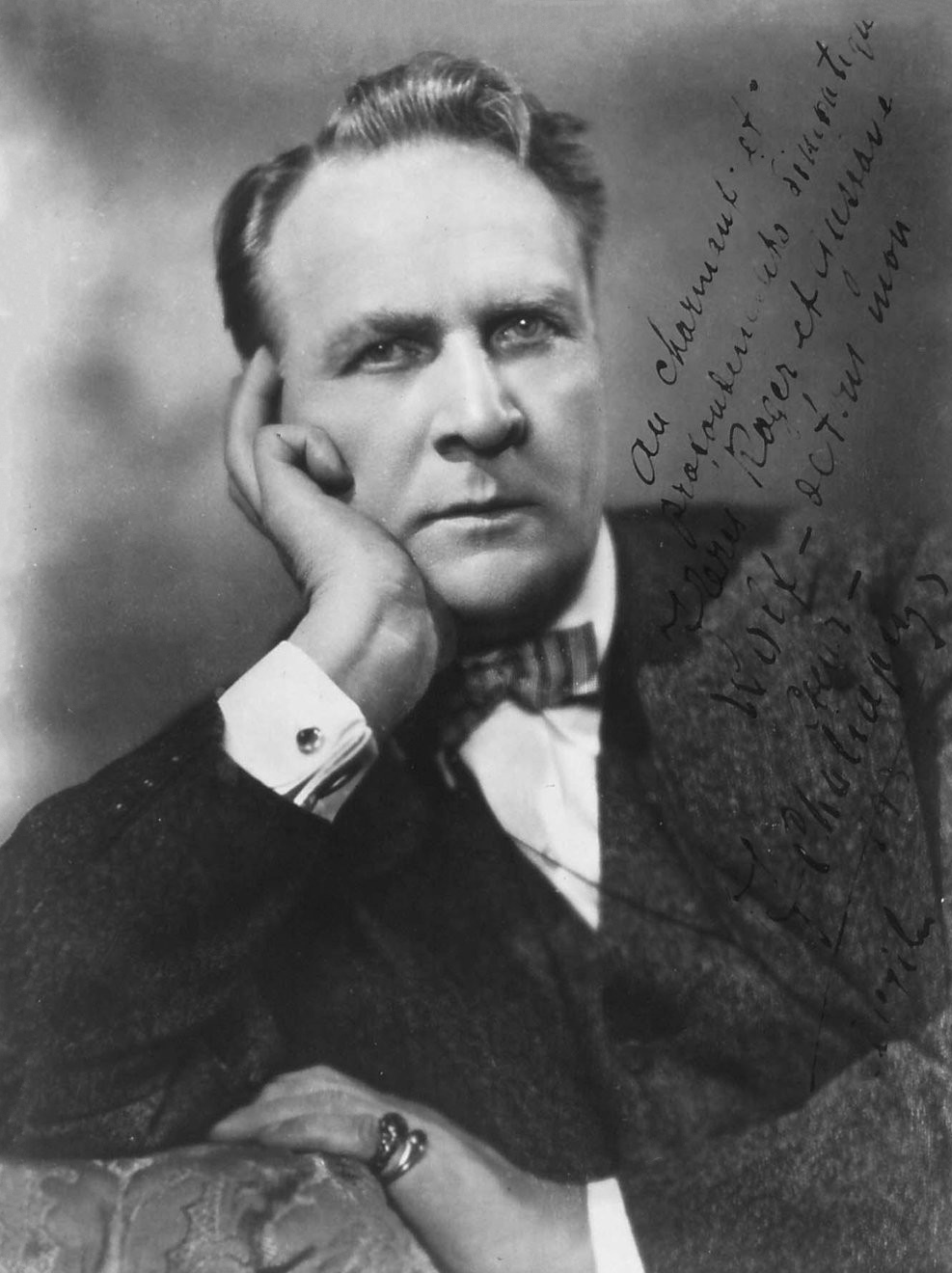|
Judith (Serov)
''Judith'' (russian: Юдифь, translit=Yudíf – stress on second syllable) is an opera in five acts, composed by Alexander Serov during 1861–1863. Derived from renditions of the story of Judith from the Old Testament Apocrypha, the Russian libretto, though credited to the composer, has a complicated history. The premiere took place in 1863 in Saint Petersburg. This stage debut, supplemented with his next opera ''Rogneda'', made Serov the most important Russian opera composer of the 1860s. Composition history The Italian play ''Giuditta'' by Paolo Giacometti, produced in Saint Petersburg in 1860, first inspired the Serov to work on the project as a vehicle for the Italian opera troupe in Saint Petersburg. Using Serov's scenario, Ivan Antonovich Giustiniani wrote a libretto in Italian. When an Italian production of the proposed opera proved legally impossible, the Italian libretto was translated into Russian by Konstantin Zvantsov and Dmitry Lobanov, and some verses were ... [...More Info...] [...Related Items...] OR: [Wikipedia] [Google] [Baidu] |
Alexander Serov
Alexander Nikolayevich Serov (russian: Алекса́ндр Никола́евич Серо́в, Saint Petersburg, – Saint Petersburg, ) was a Russian composer and music critic. He is notable as one of the most important music critics in Russia during the 1850s and 1860s and as the most significant Russian composer in the period between Dargomyzhsky's ''Rusalka'' and the works of Rimsky-Korsakov, Mussorgsky, and Tchaikovsky. Alexander Serov was the father of Russian artist Valentin Serov. Biography Alexander Serov was born in St. Petersburg on 11 January 1820, the son of Nikolai Ivanovich Serov, a Finance Ministry official. Serov's maternal grandfather, Carl Ludwig Hablitz, was a naturalist of German-Jewish origin who was born in Königsberg and moved to Russia in childhood when his father was hired to be inspector of Moscow University's printing department. In Russia, Hablitz became a member of the Russian Academy of Sciences among other high official posts. Serov's f ... [...More Info...] [...Related Items...] OR: [Wikipedia] [Google] [Baidu] |
Salammbô (Mussorgsky)
''Salammbô'' (russian: Саламбо, Salambo) lternative title: ''The Libyan'' (russian: Ливиец, Liviyets)is an unfinished opera in four acts by Modest Mussorgsky. The fragmentary Russian language libretto was written by the composer, and is based on the novel ''Salammbô'' (1862) by Gustave Flaubert, but includes verses taken from poems by Vasiliy Zhukovsky, Apollon Maykov, Aleksandr Polezhayev, and other Russian poets. ''Salammbô'' was Mussorgsky's first major attempt at an opera. He worked on the project from 1863 to 1866, completing six numbers before losing interest. Composition history The Russian translation of Flaubert's 1862 novel was published serially in the Saint Petersburg journal ''Otechestvennye Zapiski'' in 1863, and was read with enthusiasm by the six members of the commune in which the composer was then living. Mussorgsky was likely influenced in his choice of subject by having recently heard Aleksandr Serov's '' Judith'', which premiered on 16 ... [...More Info...] [...Related Items...] OR: [Wikipedia] [Google] [Baidu] |
Modest Mussorgsky
Modest Petrovich Mussorgsky ( rus, link=no, Модест Петрович Мусоргский, Modest Petrovich Musorgsky , mɐˈdɛst pʲɪˈtrovʲɪtɕ ˈmusərkskʲɪj, Ru-Modest Petrovich Mussorgsky version.ogg; – ) was a Russian composer, one of the group known as " The Five". He was an innovator of Russian music in the Romantic period. He strove to achieve a uniquely Russian musical identity, often in deliberate defiance of the established conventions of Western music. Many of his works were inspired by Russian history, Russian folklore, and other national themes. Such works include the opera '' Boris Godunov'', the orchestral tone poem ''Night on Bald Mountain'' and the piano suite ''Pictures at an Exhibition''. For many years, Mussorgsky's works were mainly known in versions revised or completed by other composers. Many of his most important compositions have posthumously come into their own in their original forms, and some of the original scores are now also ava ... [...More Info...] [...Related Items...] OR: [Wikipedia] [Google] [Baidu] |
The Maid Of Orleans (opera)
''The Maid of Orleans'' (russian: Орлеанская дева, Orleanskaja deva, link=no, Virgin of Orleans ) is an opera in 4 acts, 6 scenes, by Pyotr Ilyich Tchaikovsky. It was composed during 1878–1879 to a Russian libretto by the composer, based on several sources: Friedrich Schiller's ''The Maid of Orleans (play), The Maid of Orleans'' as translated by Vasily Zhukovsky; Jules Barbier's ''Jeanne d'Arc''; Auguste Mermet's libretto for his own 1876 opera; and Henri-Alexandre Wallon, Henri Wallon's biography of Joan of Arc. Dedicated to conductor Eduard Nápravník, this work represents the composer's closest approach to French grand opera, albeit in the Russian language, notably with its inclusion of a ballet in act 2. Performance history The world premiere was given on 25 February 1881 (13 February Old style and new style dates, O.S.) at the Mariinsky Theatre in Saint Petersburg, conducted by Eduard Nápravník. Notable subsequent performances were given on 28 July 1882 in Pr ... [...More Info...] [...Related Items...] OR: [Wikipedia] [Google] [Baidu] |
Pyotr Tchaikovsky
Pyotr Ilyich Tchaikovsky , group=n ( ; 7 May 1840 – 6 November 1893) was a Russian composer of the Romantic period. He was the first Russian composer whose music would make a lasting impression internationally. He wrote some of the most popular concert and theatrical music in the current classical repertoire, including the ballets ''Swan Lake'' and ''The Nutcracker'', the ''1812 Overture'', his First Piano Concerto, Violin Concerto, the ''Romeo and Juliet'' Overture-Fantasy, several symphonies, and the opera ''Eugene Onegin''. Although musically precocious, Tchaikovsky was educated for a career as a civil servant as there was little opportunity for a musical career in Russia at the time and no system of public music education. When an opportunity for such an education arose, he entered the nascent Saint Petersburg Conservatory, from which he graduated in 1865. The formal Western-oriented teaching that he received there set him apart from composers of the contemporary nation ... [...More Info...] [...Related Items...] OR: [Wikipedia] [Google] [Baidu] |
Fyodor Chaliapin
Feodor Ivanovich Chaliapin ( rus, Фёдор Ива́нович Шаля́пин, Fyodor Ivanovich Shalyapin, ˈfʲɵdər ɪˈvanəvʲɪtɕ ʂɐˈlʲapʲɪn}; April 12, 1938) was a Russian opera singer. Possessing a deep and expressive bass voice, he enjoyed an important international career at major opera houses and is often credited with establishing the tradition of naturalistic acting in his chosen art form. During the first phase of his career, Chaliapin endured direct competition from three other great basses: the powerful (1869–1942), the more lyrical (1871–1948), and Dmitri Buchtoyarov (1866–1918), whose voice was intermediate between those of Sibiriakov and Kastorsky. The fact that Chaliapin is far and away the best remembered of this magnificent quartet of rival basses is a testament to the power of his personality, the acuteness of his musical interpretations, and the vividness of his performances. Spelling note He himself spelled his surname, French-style ... [...More Info...] [...Related Items...] OR: [Wikipedia] [Google] [Baidu] |
Judit Con La Cabeza De Holofernes, Por Cristofano Allori (born 1930), Hungarian swimmer and Olympic champion
* Judit Varga (born ...
Judit is a feminine given name related to Judith. Notable people with the name include: *Judit Bar-Ilan (1958–2019), Israeli computer scientist *Judit Elek (born 1937), Hungarian film director and screenwriter *Judit Földing-Nagy (born 1965), Hungarian runner who specializes in the marathon * Judit Gófitz (1701–1723), Hungarian conjoined twins *Judit Kovács (born 1969), Hungarian retired high jumper *Judit Mascó (born 1969), Spanish model, television host and writer *Judit Polgár (born 1976), Hungarian chess Grandmaster *Judit Temes Judit Temes (; 10 October 1930 – 11 August 2013)"El ... [...More Info...] [...Related Items...] OR: [Wikipedia] [Google] [Baidu] |
Bethulia
Bethulia (, ''Baituloua''; Hebrew: בתוליה) is a biblical "city whose deliverance by Judith, when besieged by Holofernes, forms the subject of the Book of Judith." Etymology The name "Bethulia" in Hebrew can be associated, in an allegorical sense, with "Beth-el" (house of God). If treated as a real geographical name, it can be explained as a composite word built from "betulah", virgin, and " Jah", the proper name of God, so literally "Yhwh's virgin". This suits the portrayal of Judith as a chaste widow and the book's emphasis on following religious rules, chastity among them. Hugo Willrich suggested in 1900 in his book "Judaica" that "Bethulia" is a corrupted form of "Bethalagan". Location The Jewish Encyclopedia suggests an original allegorical sense, later applied to a concrete place in the described region. However, no place-name easily derivable from Bethulia could be identified there. The Catholic Encyclopedia (1907–14) writes: "The view that Bethulia is merely ... [...More Info...] [...Related Items...] OR: [Wikipedia] [Google] [Baidu] |
Odalisque
An odalisque (, tr, odalık) was a chambermaid or a female attendant in a Turkish seraglio, particularly the court ladies in the household of the Ottoman sultan. In western usage, the term came to mean the harem concubine, and refers to the eroticized artistic genre in which a woman is represented mostly or completely nude in a reclining position, often in the setting of a harem. Etymology The word "odalisque" is French in form and originates from the Turkish ''odalık'', meaning " chambermaid", from ''oda'', "chamber" or "room". It can also be transliterated ''odahlic'', ''odalisk'', and ''odaliq''. Joan DelPlato has described the term's shift in meaning from Turkish to English and French: The English and French term odalisque (rarely odalique) derives from the Turkish 'oda', meaning "chamber"; thus an odalisque originally meant a chamber girl or attendant. In western usage, the term has come to refer specifically to the harem concubine. By the eighteenth century the t ... [...More Info...] [...Related Items...] OR: [Wikipedia] [Google] [Baidu] |
Tenor
A tenor is a type of classical music, classical male singing human voice, voice whose vocal range lies between the countertenor and baritone voice types. It is the highest male chest voice type. The tenor's vocal range extends up to C5. The low extreme for tenors is widely defined to be B2, though some roles include an A2 (two As below middle C). At the highest extreme, some tenors can sing up to the second F above middle C (F5). The tenor voice type is generally divided into the ''leggero'' tenor, lyric tenor, spinto tenor, dramatic tenor, heldentenor, and tenor buffo or . History The name "tenor" derives from the Latin word ''wikt:teneo#Latin, tenere'', which means "to hold". As Fallows, Jander, Forbes, Steane, Harris and Waldman note in the "Tenor" article at ''Grove Music Online'': In polyphony between about 1250 and 1500, the [tenor was the] structurally fundamental (or 'holding') voice, vocal or instrumental; by the 15th century it came to signify the male voice that ... [...More Info...] [...Related Items...] OR: [Wikipedia] [Google] [Baidu] |
Holofernes
In the deuterocanonical Book of Judith, Holofernes ( grc, Ὀλοφέρνης; he, הולופרנס) was an invading Assyrian general known for having been beheaded by Judith, a Hebrew widow who entered his camp and beheaded him while he was drunk. Holofernes had been dispatched by Nebuchadnezzar to take vengeance on Israel, which had withheld assistance in his most recent war. Having occupied every country along the coastline, Holofernes destroyed all worship of gods other than Nebuchadnezzar. Holofernes was warned against attacking the Jewish people by Achior, the leader of the Ammonites; however, despite the advice he laid siege to the city of Bethulia, commonly believed to be Meselieh. The city almost fell to the invading army; Holofernes' advance stopped the water supply to Bethulia, leading to its people encouraging their rulers to give in to Holofernes' demands. The leaders vowed to surrender if no help arrived within five days. Bethulia was saved by Judith, a Hebrew ... [...More Info...] [...Related Items...] OR: [Wikipedia] [Google] [Baidu] |



.jpg)


